Seabed Carbon Risks: What Our Evidence Shows
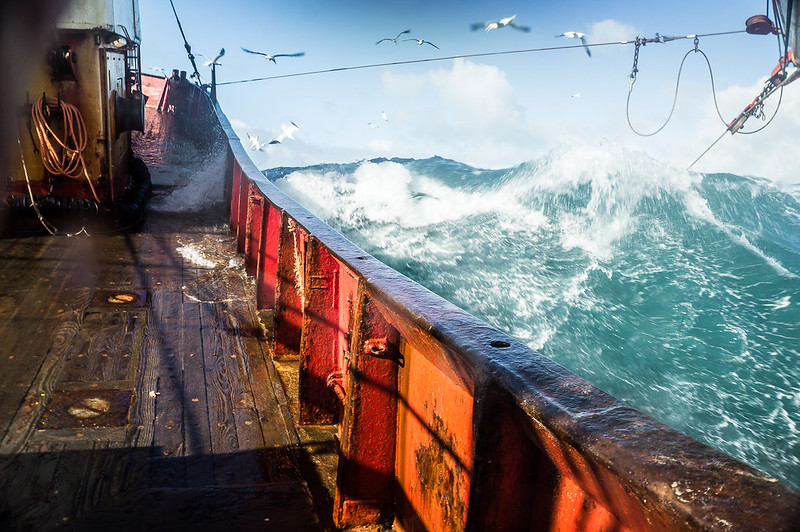
A new technical briefing reviews the latest evidence on how trawling, other human activities and climate change affect seabed carbon.

A new technical briefing reviews the latest evidence on how trawling, other human activities and climate change affect seabed carbon.
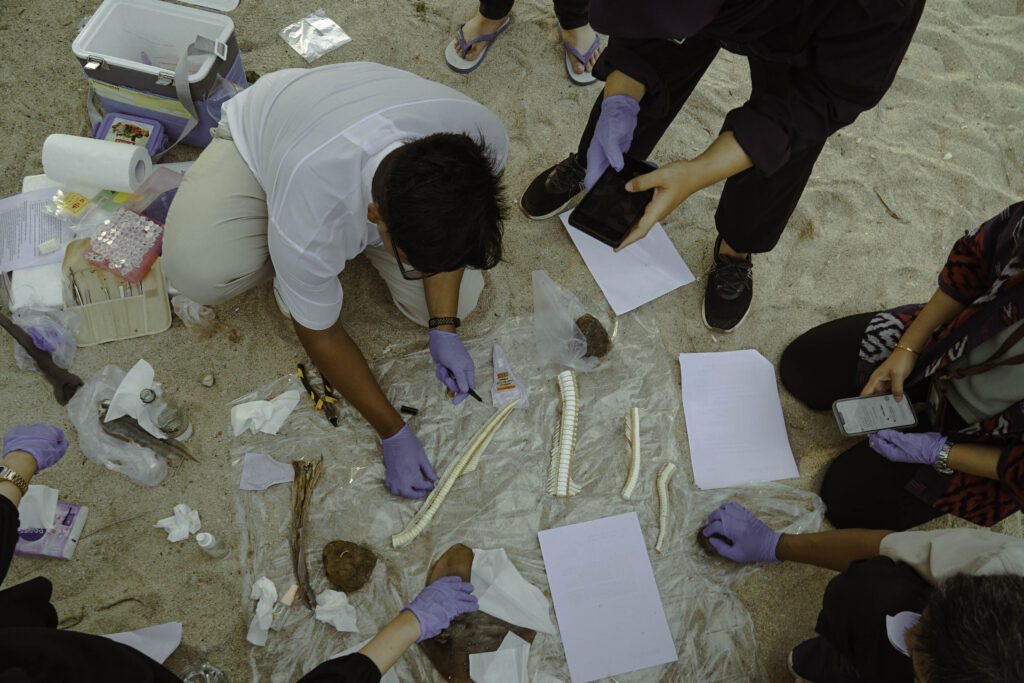
Indonesia is one of the world’s largest producers and exporters of shark and ray products. As the CITES Conference of the Parties convenes in Samarkand, Uzbekistan, and governments from around the world debate and decide on proposals for new species listings, work is underway across Indonesia to translate these commitments into practice.
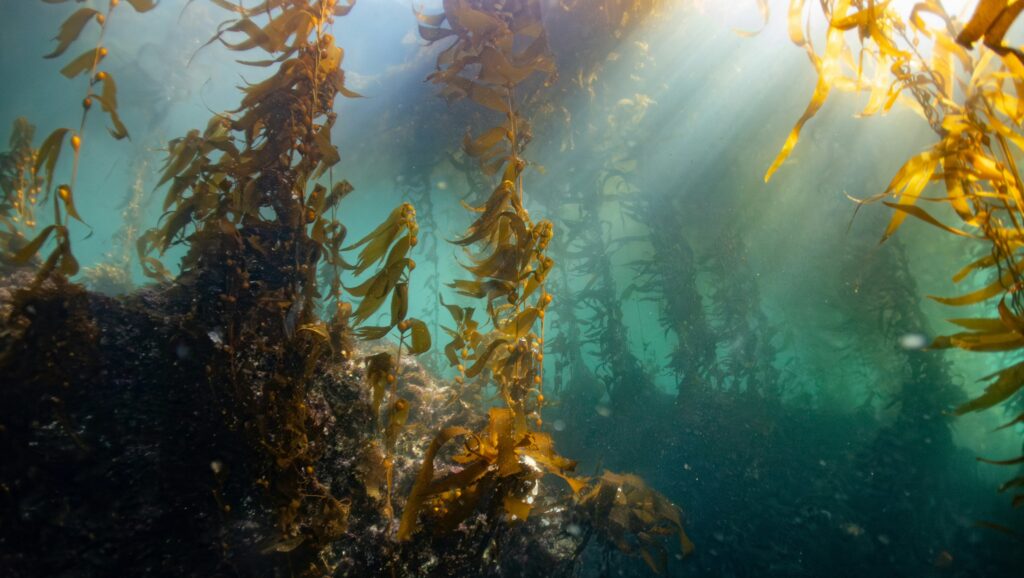
As world leaders gather in Belém, Brazil, this week for the UN Climate Change Conference COP30, the role of nature-based solutions in addressing climate change is once again under the spotlight.
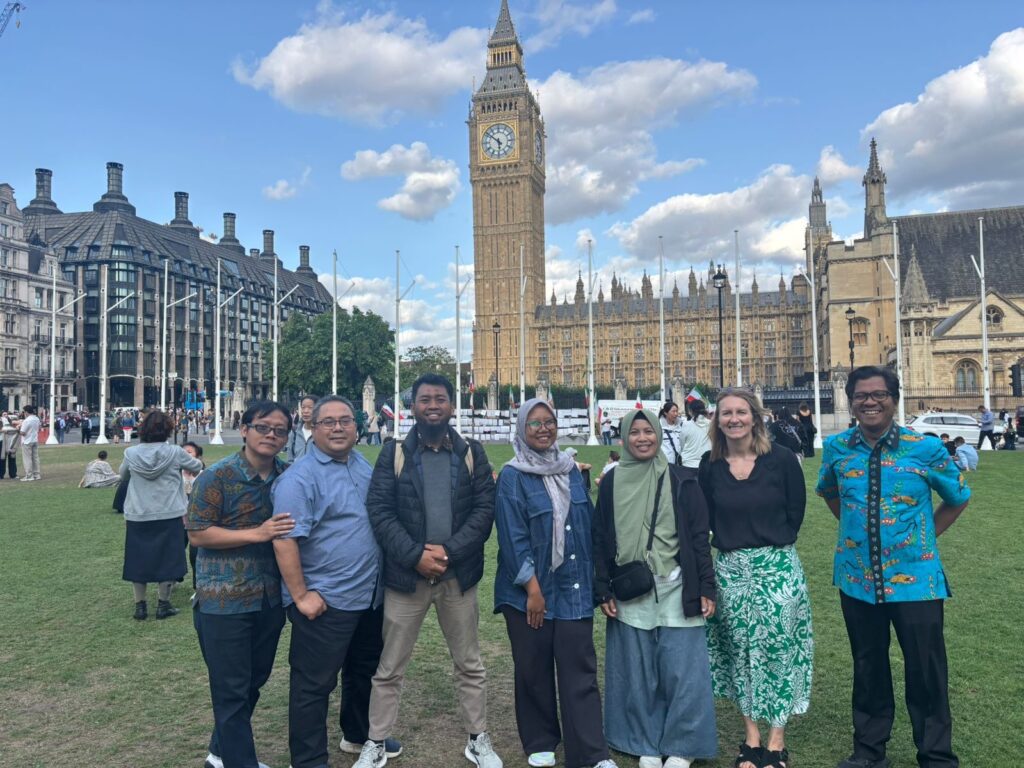
Written by Efin Muttaqin, Programme Manager for the Rekam Nusantara Foundation, and Jo Murray, Marine Wildlife Trade and Bycatch Lead at Cefas. “The greatest challenge of the 21st century is to raise a new generation that understands the importance of …
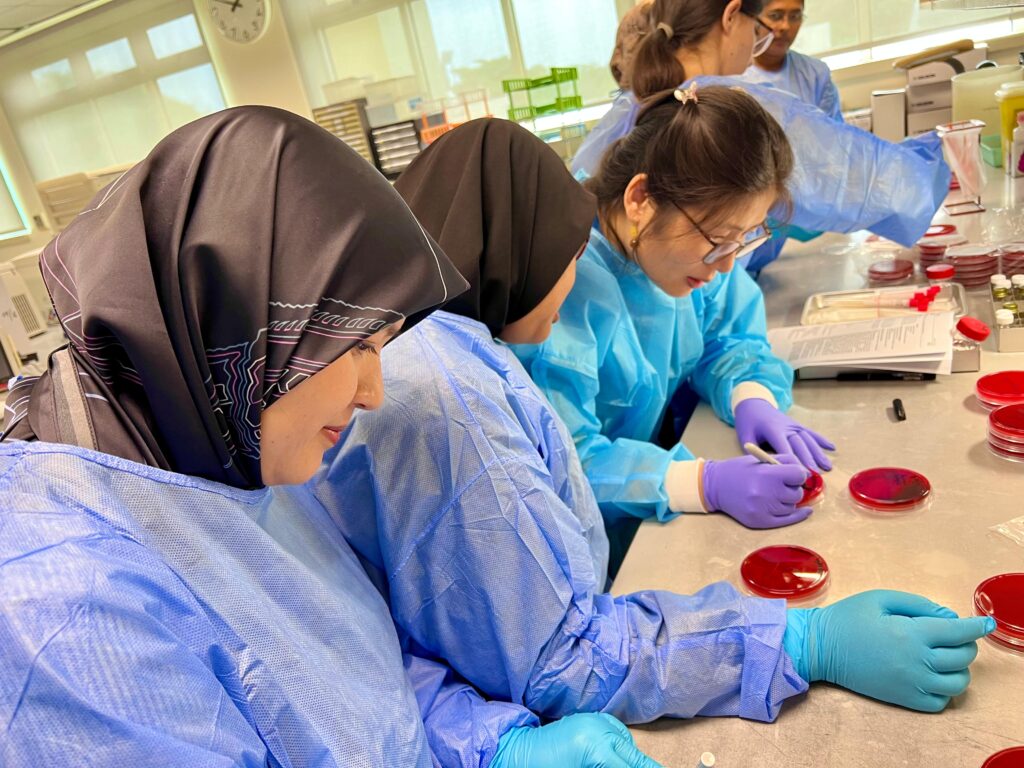
As part of the UK’s FAO Reference Centre for Antimicrobial Resistance (AMR), Cefas recently co-delivered a five-day workshop on Antimicrobial Susceptibility Testing (AST) for bacterial pathogens relevant to aquatic organisms, together with the UK’s Animal Plant Health Agency (APHA), the …
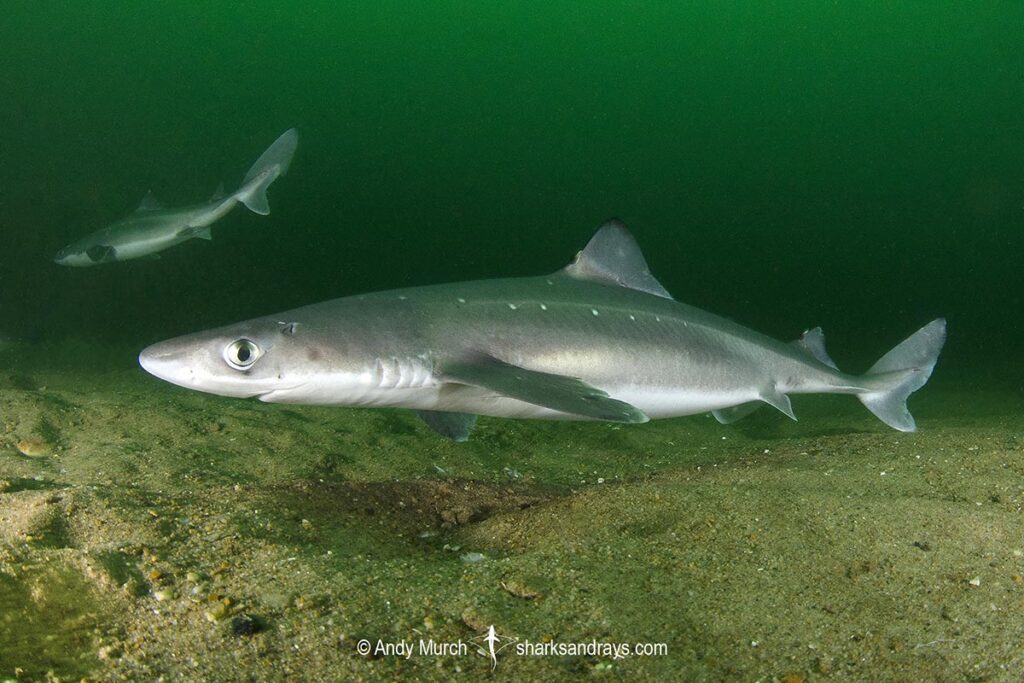
Spurdog (also known as the spiny dogfish, scientific name Squalus acanthias) is a type of small shark found in oceans around the world. It can travel long distances and has been an important species for commercial fishing in the past. …

By Michelle Devlin, Naomi Greenwood, Carolyn Graves, Robert Brookes (Cefas), Mike Best (EA), Eugene O’Kane, Adam Mellor (AFBI), Mark Charlesworth (NRW), David Johns (MBA) Monitoring water quality and plankton in the Irish sea involves the joint effort and expertise of …
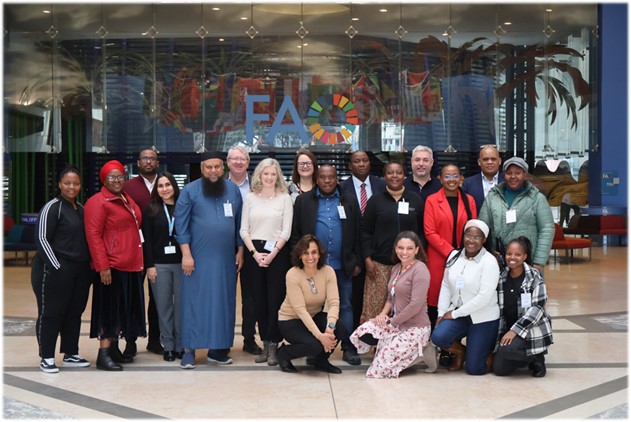
The One Food programme team at the Centre for Environment, Fisheries and Aquaculture Science (Cefas) and Animal and Plant Health Agency (APHA) recently visited the FAO head office in Rome, Italy to co-lead a collaborative workshop on multi-hazard monitoring and …

Written by Parvathi Vallivattathillam, National Oceanography Centre (NOC), Lianne Harrison, Cefas and Francesca D'Enno, Defra. The All-Atlantic Ocean Research and Innovation Alliance (AAORIA) is a science diplomacy effort which unites twelve countries across the Atlantic to strengthen and foster collaborative …
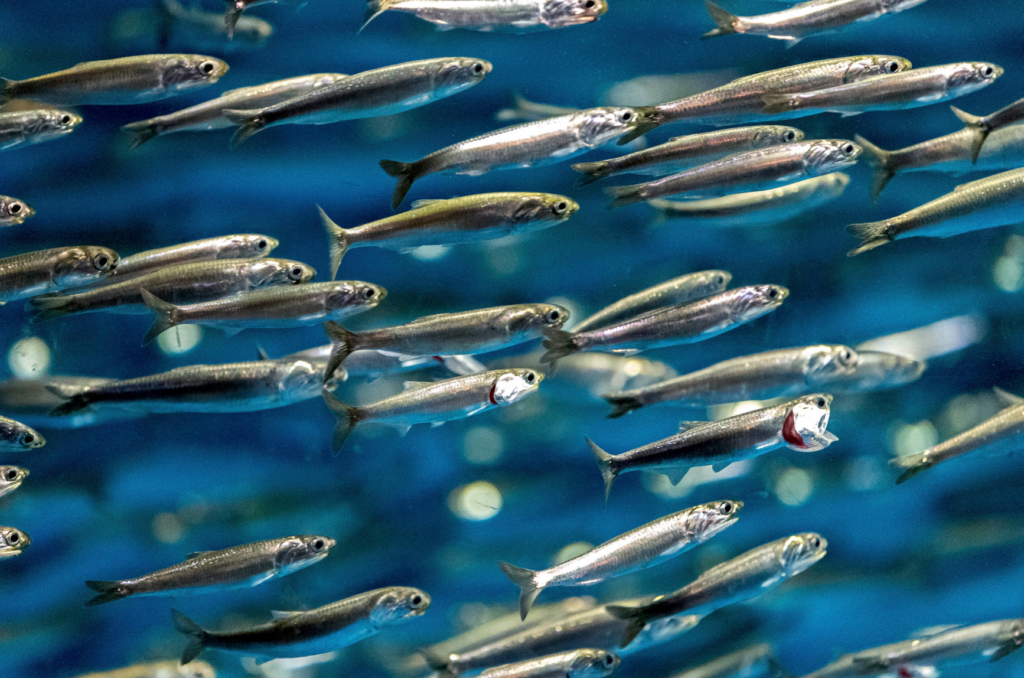
Climate change is altering the distribution of many marine fish species, with widespread impacts on biodiversity, with the potential to jeopardise world food security. Most studies to date focus on how commercially exploited fish species will be affected by climate …